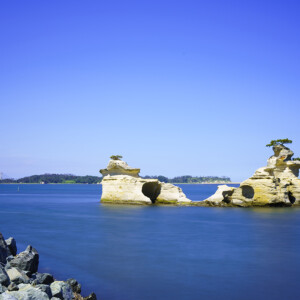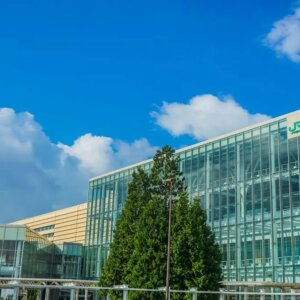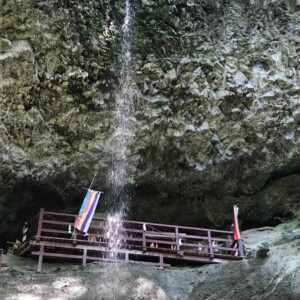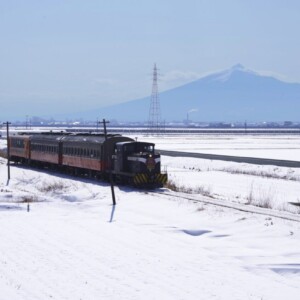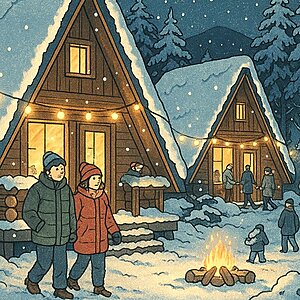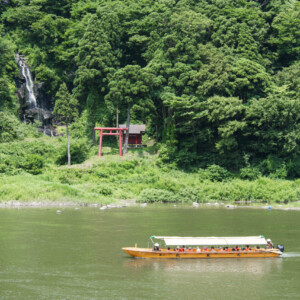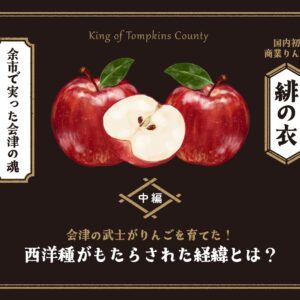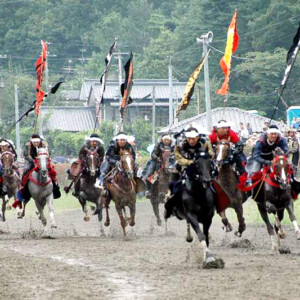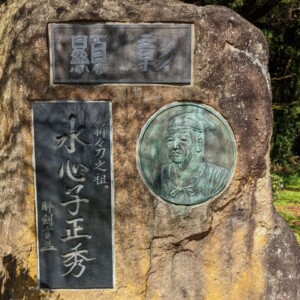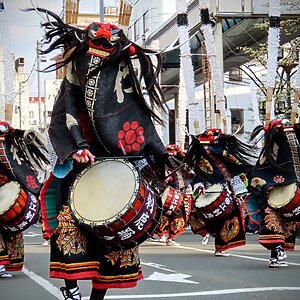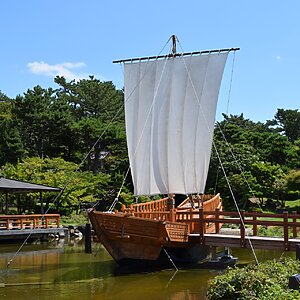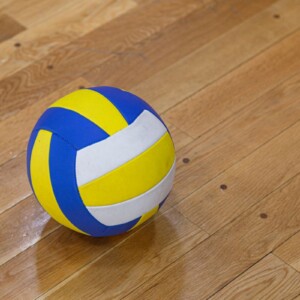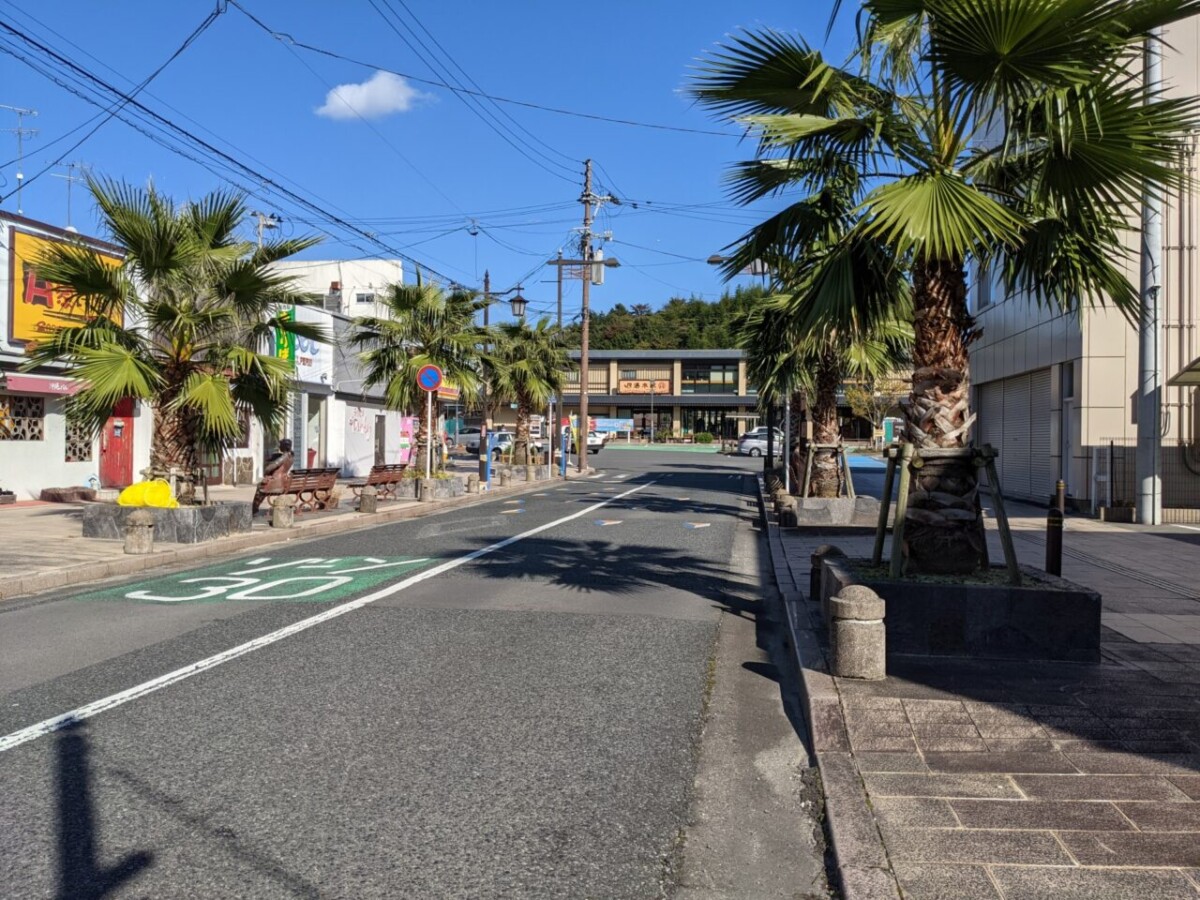
[Iwaki City, Fukushima Prefecture] The largest volume of hot spring water in Fukushima Prefecture. From hula dancing to racehorse hot springs, "Iwaki Yumoto Onsen"
table of contents
- 1 The once-smooth Iwaki Yumoto Onsen springs has dried up due to coal mining
- 2 Revival using hot springs from the coal mine
- 3 "Tokiwa Hawaiian Center": A desperate revival plan implemented by a coal mining company facing closure
- 4 After the mine closed, hot springs were pumped up from underground to secure them
- 5 The weakly alkaline sulfur spring is effective for many symptoms
- 6 A wide variety of accommodation options, from long-established inns to hotels and guesthouses
- 7 The only horse hot spring in Japan: "JRA Racehorse Rehabilitation Center"
Iwaki Yumoto Onsen, located in Iwaki City, Fukushima Prefecture, is a hot spring with a long history that is said to be one of the three oldest hot springs in Japan, along with Dogo Onsen (Ehime Prefecture) and Arima Onsen (Hyogo Prefecture)
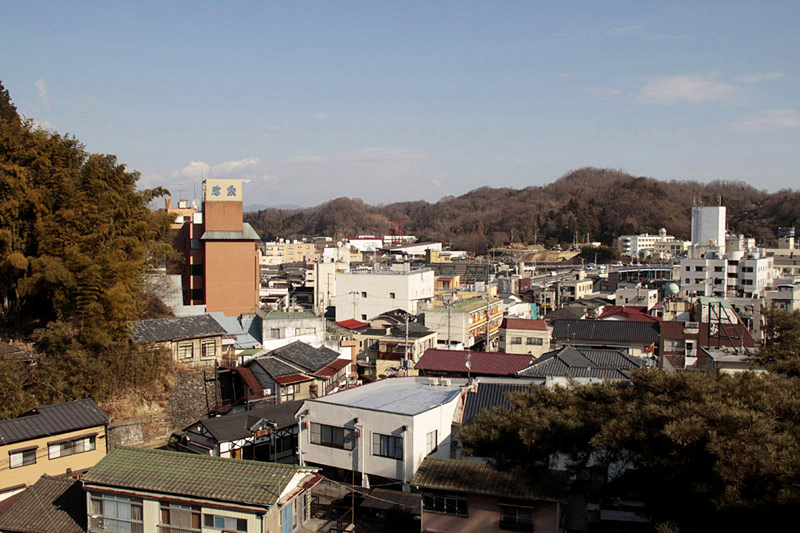
The existence of Onsen Shrine was recorded in ancient documents from the 900s during the Heian period, and it is believed that the hot springs had been in use for approximately 1,300 years prior to that. There are also records of surrounding feudal lords visiting the hot springs during the Sengoku period, and by the Edo period, more than 50 hot springs were naturally gushing out
Iwaki Yumoto Onsen became a lively hot spring resort after the construction of the coastal road Hama-kaido (Joban Expressway) during the Meiji period, and as the only hot spring resort on Hama-kaido, it became popular with around 20,000 people visiting for hot spring cures each year
The once-smooth Iwaki Yumoto Onsen springs has dried up due to coal mining
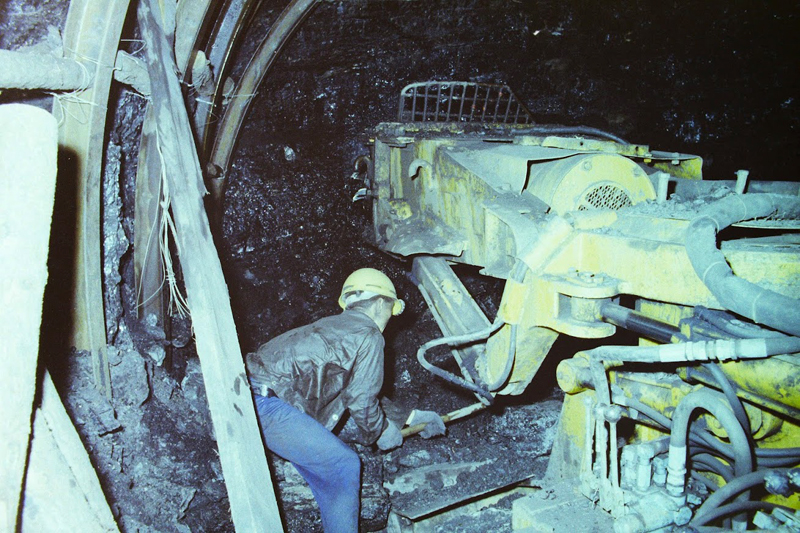
Coal was discovered near the hot springs in the late Edo period, and in the Meiji period, the demand for coal increased significantly as a result of the trend toward civilization and enlightenment, leading to the establishment of many coal mines. Coal mining destroys the hot spring veins through which the hot springs flow, causing the amount of hot water to decrease. The hot springs that gushed forth from the hot spring veins above the veins became a nuisance during coal mining, and were gradually discarded
Around 1897, the amount of hot spring water decreased dramatically, and finally in 1919 (Taisho 8), the hot spring water stopped flowing
Revival using hot springs from the coal mine
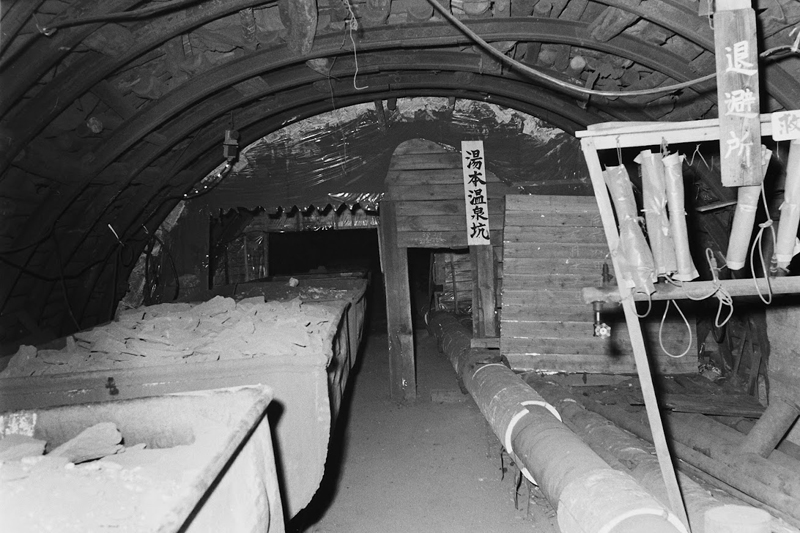
It was an era of wealth and military strength. National policy was to increase coal production rather than hot springs, so Iwaki Yumoto Onsen ceased to be a hot spring resort until the 1960s after World War II. However, ironically, with the rise of coal mining, the town grew rapidly as it became a place to accommodate the people who worked in the coal mines
"Tokiwa Hawaiian Center": A desperate revival plan implemented by a coal mining company facing closure
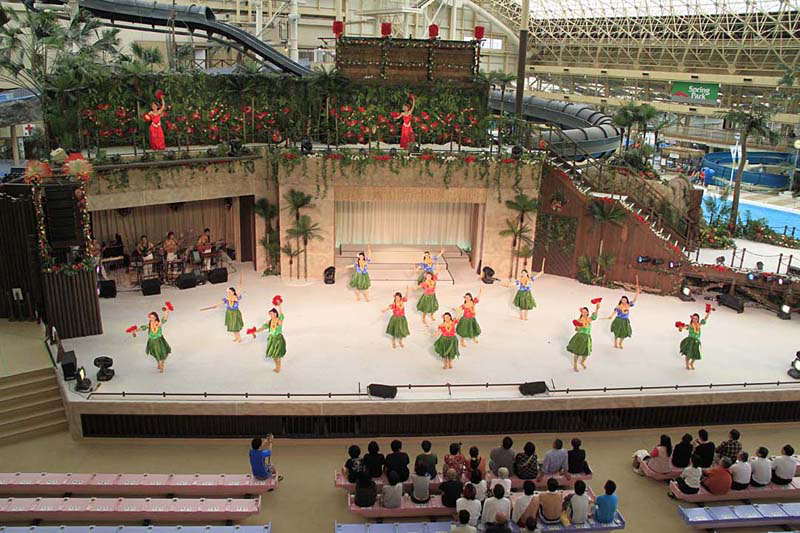
Even after the hot springs were no longer in use, a large amount of hot spring water continued to gush out from the coal mine. The town discussed with the coal mining company how to make effective use of the water, and finally in 1942 (Showa 17), the supply of hot spring water to the town was restored. This brought an increase in the prosperity of the town of Yumoto, but this did not last long
The energy industry peaked in the 1950s and then shifted from coal to oil, causing coal mining to rapidly decline. The largest company, Joban Coal Mine (now Joban Kosan), also faced a management crisis and took bold action to make effective use of the large amount of hot springs that were a hindrance to coal mining. This was the hot spring resort facility, Joban Hawaiian Center (now Spa Resort Hawaiians)
The Tokiwa Hawaiian Center opened in January 1966. It filled a large pool with the abundant hot spring water, provided a variety of leisure facilities, and held a daily hula dance show to create a Hawaiian atmosphere. This was a huge hit, with the center packed to capacity every day, and within eight years of opening, the number of visitors had exceeded 10 million
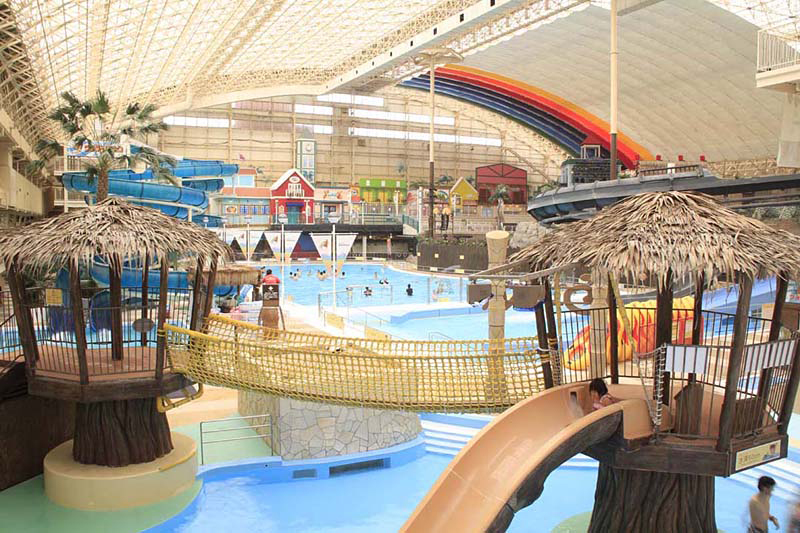
INFORMATION
- Facility name: Sparisout Hawaiians
- Address: 50 Warabihira, Tokiwa Fujiwara-cho, Iwaki City, Fukushima Prefecture
- Phone number: 0570-550-550 (Navi Dial)
- URL: Spa Resort Hawaiians
GOOGLE MAP
After the mine closed, hot springs were pumped up from underground to secure them
The main coal industry continued to decline, and the Joban Coal Mine closed in 1971. The few remaining mines closed in 1985, and coal mining completely withdrew from the Iwaki region
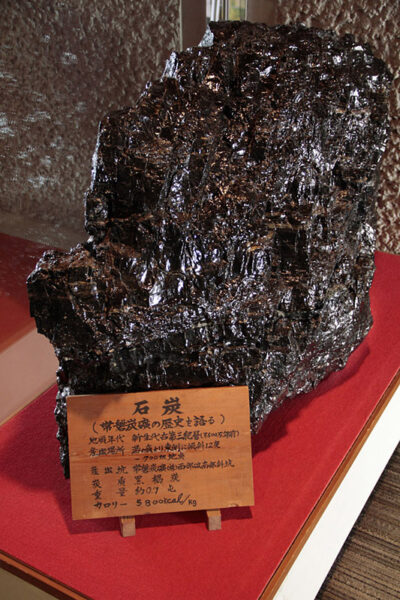
When the mine closed, the supply of hot spring water to the town became unstable, so in 1976 (Showa 51), the inn owners, the local government, and Tokiwa Kosan came together to establish the Tokiwa Yumoto Onsen Company to ensure a stable supply of hot spring water. They began to secure hot spring water by driving pipes into the unused underground hot springs and pumping up the water
The hot spring water of Iwaki Yumoto Onsen is currently pumped up through several dozen pipes driven about 620 meters underground. The flow rate is the highest in Fukushima Prefecture, at approximately 5,000 liters per minute, and is distributed to Spa Resort Hawaiians, hot spring facilities in the town, and homes
The weakly alkaline sulfur spring is effective for many symptoms
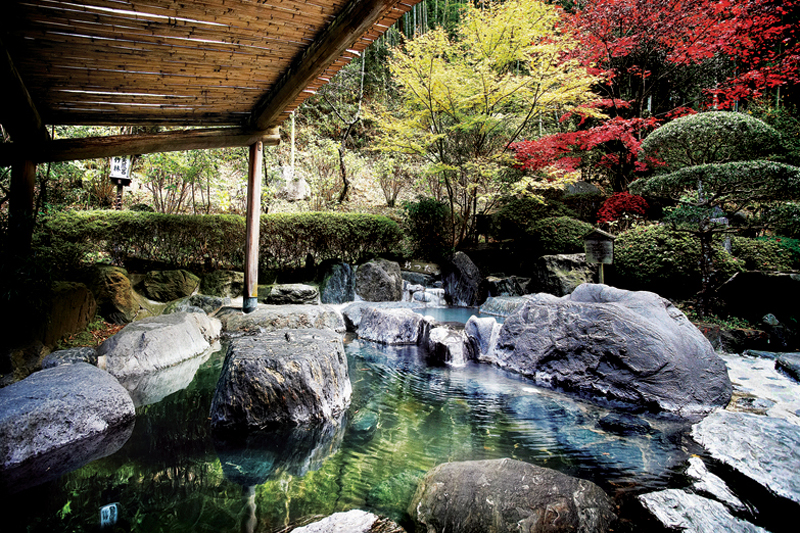
All of the hot springs at Iwaki Yumoto Onsen are managed by a hot spring company, and the spring quality is the same at each facility. The spring quality is sulfur-containing sodium chloride sulfate spring (publication name: sulfur spring), and the spring temperature at the source is 58.5°C and pH 8.0. The water is clear and colorless, with a slight salty taste, and is a weakly alkaline hot spring with a slight hydrogen sulfide smell reminiscent of rotten eggs, which is unique to sulfur springs. It is also known for its skin-beautifying properties
Hot springs have a wide range of benefits, and in addition to the common indications for hot springs, such as relieving muscle and joint pain and stiffness, recovering from fatigue, and promoting health, they are also said to be effective for a number of other conditions, including diabetes, mild asthma, muscle stiffness due to motor paralysis, autonomic nervous system disorders, atopic dermatitis, depression, and sleep disorders
A wide variety of accommodation options, from long-established inns to hotels and guesthouses
In addition to Spa Resort Hawaiians, Iwaki Yumoto Onsen is home to a wide variety of 20 hot spring accommodation facilities, including long-established inns such as Genroku Saigayado Furutakiya, which was founded in the Edo period and has a history of over 300 years, Shohakukan, also founded in the Edo period, and Amejo no Yado Shintsuta, which was founded in the Meiji period, as well as traditional Japanese inns, traditional Japanese inns, hotels, guesthouses, and inns offering hot spring therapy (members of the Iwaki Yumoto Onsen Ryokan Cooperative Association in 2022)
In addition to hot springs, many inns boast excellent cuisine, and travelers are treated to exquisite dishes made with fresh seafood caught at Onahama Port and other surrounding ports, known as "Tokiwamono," and the bounty of the mountains and fields, including Hitachi beef
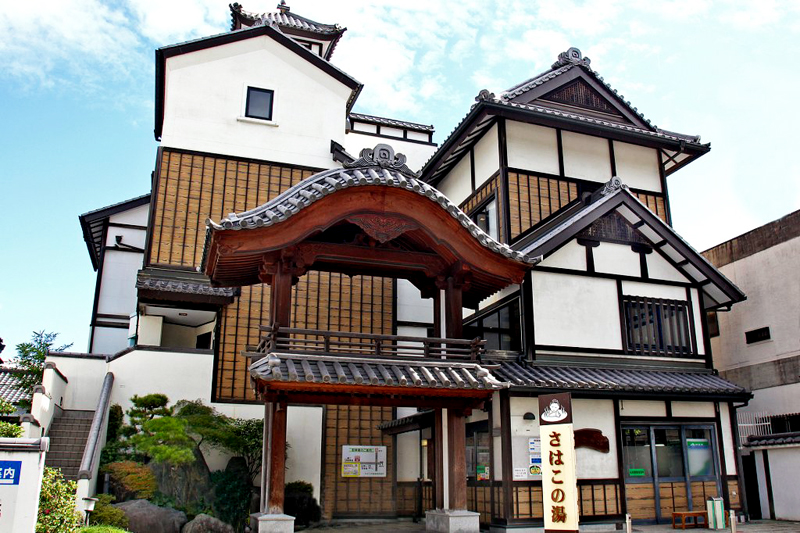
Iwaki Yumoto Hot Springs Inn Cooperative Association
- Phone number: 0246-43-3017
- URL: Iwaki Yumoto Onsen Ryokan Association
GOOGLE MAP
The only horse hot spring in Japan: "JRA Racehorse Rehabilitation Center"
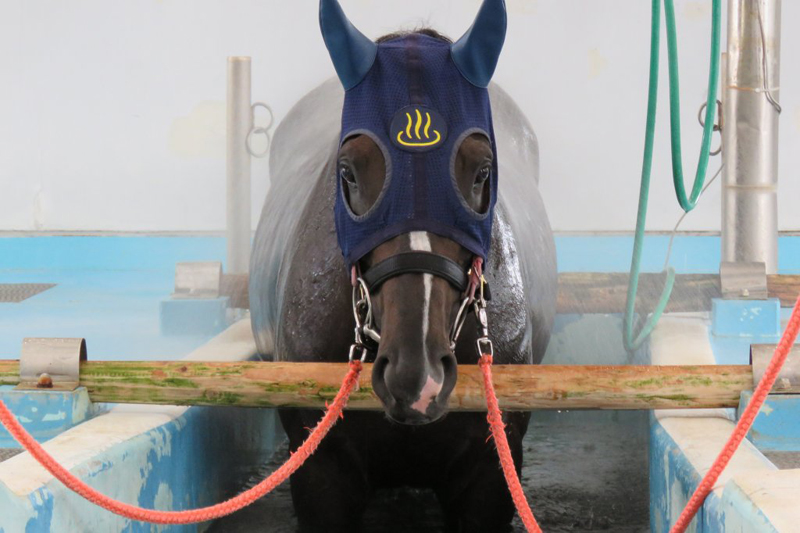
Iwaki Yumoto Onsen is home to a unique hot spring facility that is unique in Japan. It is called the "Horse Hot Spring." The hot spring has proven effective in helping racehorses recover from muscle fatigue and relax
This facility, the Racehorse Rehabilitation Center, is run by the Japan Racing Association (JRA) Equine Research Institute and is a facility for the treatment and rehabilitation of sick or injured racehorses. The center is equipped with the latest rehabilitation, training, and testing facilities, including a swimming pool, water walking machines, water treadmills, a training arena, X-rays, and ultrasound scans. Racehorses that have soaked in the hot springs here to heal their wounds have often gone on to win major races
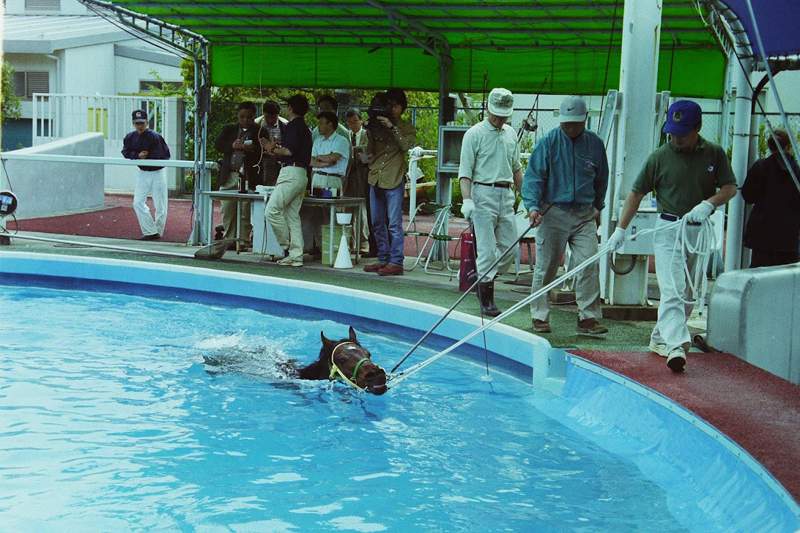
The Racehorse Rehabilitation Center is open to visitors, not just horse racing enthusiasts, but also general tourists. You can see racehorses enjoying themselves soaking in the hot springs up close
INFORMATION
- Facility name: Racehorse Rehabilitation Center
- Address: 71 Uenohara, Tokiwa Shiratori-cho, Iwaki City, Fukushima Prefecture
- Inquiries: 0246-43-3185
- Tour times:
Monday to Friday: 8:00-17:00 (Race horse training can be observed in the morning)
Saturdays and public holidays: 8:00-11:00 (pool training and hot springs are closed on public holidays)
- Admission fee: Free
- Closed: Sundays
- URL: Racehorse Rehabilitation Center


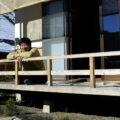

![[Tohoku Autumn Foliage Driving Map: Fukushima Edition] 3 Recommended Driving Courses and Local Cuisine! Fukushima Catch](https://jp.neft.asia/wp-content/uploads/2024/10/cb34bf6367937424774a9fc363549068-150x150.jpg)
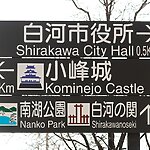
![[Minamiaizu District, Fukushima Prefecture] The Nasu volcanic belt is home to an abundance of hot springs. Yunokami Onsen is the base for sightseeing in Ouchijuku and Tonohetsuri 22875645_m](https://jp.neft.asia/wp-content/uploads/2022/08/22875645_m-150x150.jpg)
![What is Hinoemata Village, a hidden village where the locals pass on the art of Kabuki? [Fukushima Prefecture] Hinoemata Kabuki](https://jp.neft.asia/wp-content/uploads/2022/08/9d13fead1001e798543d73e8a16d82ac-150x150.jpg)
![[Recommended Autumn Festivals: Fukushima Edition] Autumn in Fukushima is all about warrior processions and fighting festivals! Fukushima Catch](https://jp.neft.asia/wp-content/uploads/2024/08/cb34bf6367937424774a9fc363549068-150x150.jpg)
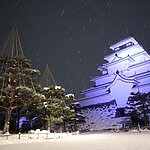
![[Minamisoma City, Fukushima Prefecture] Following in the footsteps of the Oshu Soma clan, who nurtured a unique culture for 800 years 3669785_m](https://jp.neft.asia/wp-content/uploads/2022/08/3669785_m-150x150.jpg)
